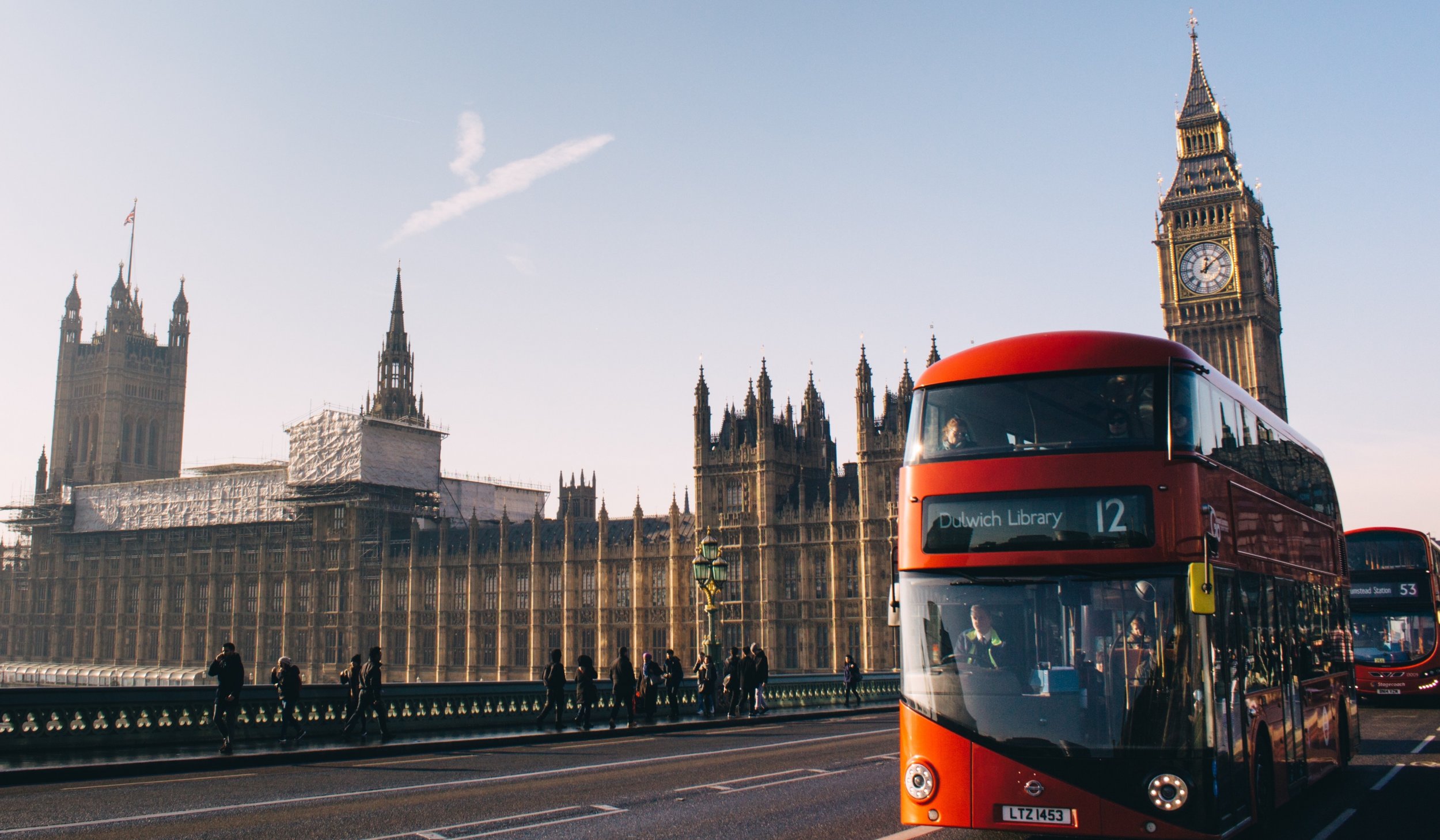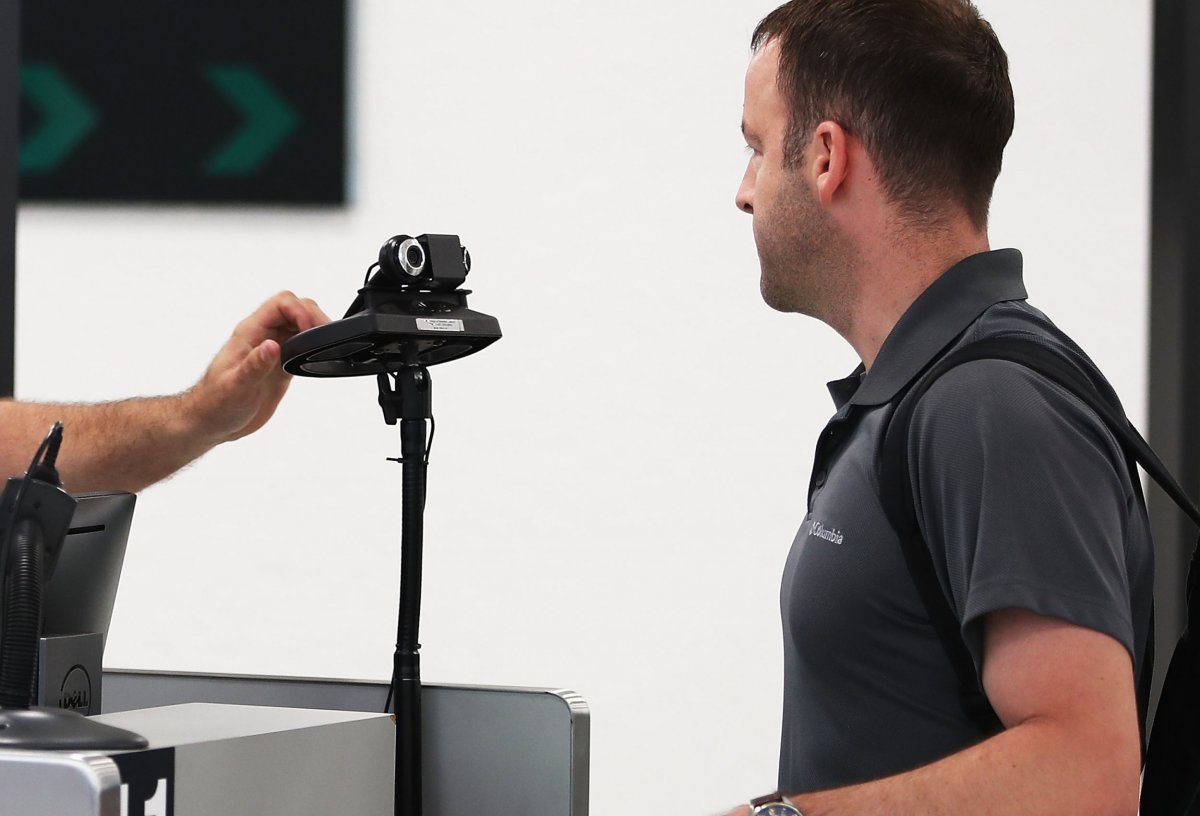
Brexit is still being negotiated, but the U.K.'s departure from the European Union will undoubtedly have a ripple effect around the world. One issue bringing the reality of Brexit into focus for Americans is travel: Almost 4 million of us visited Great Britain in 2017, the highest number in nearly two decades. And some 12 percent used the U.K. as a springboard for travel to mainland Europe. So how will the Brexit impact American travelers?
Prime Minister Theresa May's initial proposal included provisions for international travel to continue smoothly, but that plan was voted down by Parliament. The new deadline to finalize a deal is April 12—should Brexit happen without a deal, there will be massive uncertainty about travel to and from Great Britain.
How Will Brexit Affect Air Travel to the U.K.?

There's some good news for American travelers: In 2018, the U.S. and U.K negotiated a new "open skies" accord that will "guarantee the continuation of the vital transatlantic routes used by tens of millions of passengers a year," according to a statement by the British government. This agreement essentially maintains the terms of the existing EU–U.S. Open Skies Agreement, which the U.K. will no longer be a part of.
But there's bad news, too: As part of its membership in the EU, Britain had an open skies agreement with the rest of Europe. Many airlines began to offer cheap, plentiful flights from the U.K. into mainland Europe—perfect for Americans on a budget who wanted to see a lot of the continent. It's not yet clear what new deal will be arranged: Ryanair CEO Michael O'Leary warned the European Parliament that a no-deal Brexit could cause flights between the U.K. and the continent to be cancelled for months to come. Flybmi, a British carrier, has already blamed Brexit uncertainty for its filing for bankruptcy.
And while Britain's new accord with the U.S. means European carries can continue to fly between the U.K. and the States, any European airlines that want to add new routes between the two countries will need a waiver from the United States government. Travelers looking for flights to the U.K. could be hit with fewer options and higher prices.
"It's kind of like off the edge of those old maps of the world, there be dragons," airline analyst Robert W. Mann told The New York Times. Mann cautioned that there's no guarantee flights booked between Britain and Europe after March 2019 will be permitted to operate. Airlines, he said, "have schedules published that they may not be able to fly."
But even if an American traveler isn't planning to stop off in London on the way to Madrid, their flight plans may be disrupted by Brexit: Airlines frequently use codeshares, when two or more carries partner to expand their services—British Airways helping to facilitate an American Airlines flight to Madrid, for example. In the event of a no-deal Brexit, it's not clear how or if these codeshare agreements would continue.
Although it's in everyone's best interests to hash out a smooth agreement, the EU might be hesitant to give Britain an easy ride. "It's challenging because it is more fraught with the traditional politics and emotions that have colored the Brexit talks," Airlines for America's Sean Kennedy told Politico.
Considering Britain's status as a major travel hub and a key link in the global chain, it's unlikely a prolonged major disruption would be allowed. But the uncertainty and restrictions mean flights between the U.K. and the EU will likely not keep growing at a 2 percent rate annually, as they have been. That means less competition and higher fares going forward.
How Will Brexit Affect Entry Requirements?

U.S. citizens will continue to need a valid passport with a blank page inside to enter the U.K. Currently, they don't need a visa for a visit of under 90 days, and that looks unlikely to change.
Another bit of good news: The European Union announced that, starting in 2021, Americans traveling to the continent will be required to undergo European Travel Information and Authorization System (ETIAS) screening. While technically not a visa, the new procedure is part of an attempt by the EU to "improve their security level to avoid any further problems with illegal migration and terrorism." In a post-Brexit world, Americans traveling only to Britain won't have to apply for ETIAS screening.
How Will Brexit Affect Security Lines?

The threat of checkpoint chaos has travelers extremely worried, especially if they're traveling soon after the U.K. finally leaves the EU.
The British government's travel advice website assures passengers that, even if there is no exit deal, "most passengers will not experience any difference in aviation security screening. The U.K. will continue to apply robust aviation security measures and prioritise passenger safety and security."
Americans who are using the U.K. as a stop-off before exploring Europe can apparently rest easy, as well: "The European Commission has proposed measures to avoid extra security screening of passengers from the U.K. when transferring to onward flights at EU airports," the website says.
However, crucially, that was just a proposal. No deal has been finalized. It's possible—maybe even likely—that once the Brexit process is complete, the "fast track" customs line will be exclusively for British passport holders—and lines for international travelers will bulge with EU nationals and Americans alike.
How Will Brexit Affect Hotel Costs?

While products are generally going to be cheaper in post-Brexit Britain, thanks to the tumbling value of the pound, this won't include hotels. Thanks to the lure of cheap vacations, demand for hotels has already started pushing up rates.
This is unlikely to change—in fact, rates will likely keep rising. That's because the hospitality industry relies heavily on EU labor, especially from Eastern European workers who can currently live and work in Britain visa-free, and who tend to accept lower wages than British workers.
Brexit will end this freedom of movement, and will require all EU nationals to get employee sponsorship. That's a lot of paperwork—a KPMG report found that EU citizens make up a quarter of Britain's hospitality workforce. The World Travel & Tourism Council warned that more than 300,000 jobs could be at risk in the British tourism sector if a no-deal Brexit went ahead.
This roadblock to employment—as well as the perceived anti-immigration flavor of the Brexit debate—has already led some EU workers to leave Britain, and has stopped others from coming. The hospitality industry is expecting to struggle to find staff, and may have to raise wages to do so. The increased costs will likely be passed on to guests.
How Will Brexit Affect the Exchange Rate?

From commanding $1.70 in 2014, the British Pound plummeted to lows of $1.22 following the Brexit referendum in 2016. It's fluctuated since but hasn't come anywhere near recovering and Americans are getting more sterling for their buck.
Tourists are already taking advantage of the weaker pound: The Office for National Statistics (ONS) reports that 21 percent more visitors came to the U.K. in the first three months of 2017, and they spent a record amount of money.
So while Brexit has turned the U.K. into an attractive getaway for American tourists, it could mean more confusion, costs and delays actually getting into the country.
Uncommon Knowledge
Newsweek is committed to challenging conventional wisdom and finding connections in the search for common ground.
Newsweek is committed to challenging conventional wisdom and finding connections in the search for common ground.





